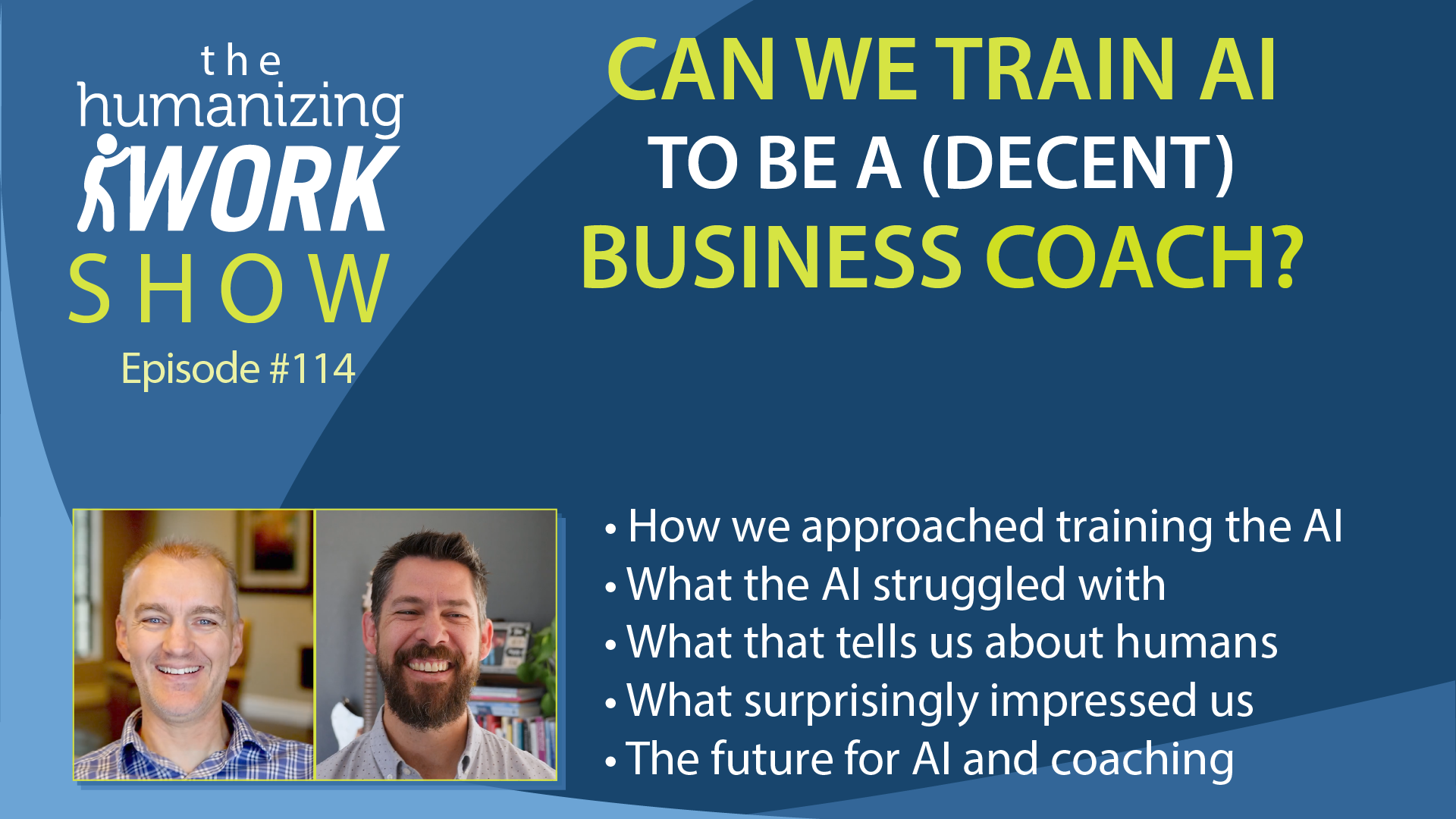Developing Decisiveness
A big part of being a leader—at any scale—is making decisions. Whether that’s an executive deciding to invest in one area over another, a… Read More
A big part of being a leader—at any scale—is making decisions. Whether that’s an executive deciding to invest in one area over another, a… Read More
Conflict is a natural result of trying to get things done with other people–we have different perspectives and want different things. It’s easy for that to turn into a battle of egos, but it doesn't have to. You can move through conflict gracefully, coming out of it with better outcomes, both in terms of the decision and the relationship. In this episode, Peter and Richard share the 3 tools they find most useful for resolving conflict and producing great outcomes. Read More
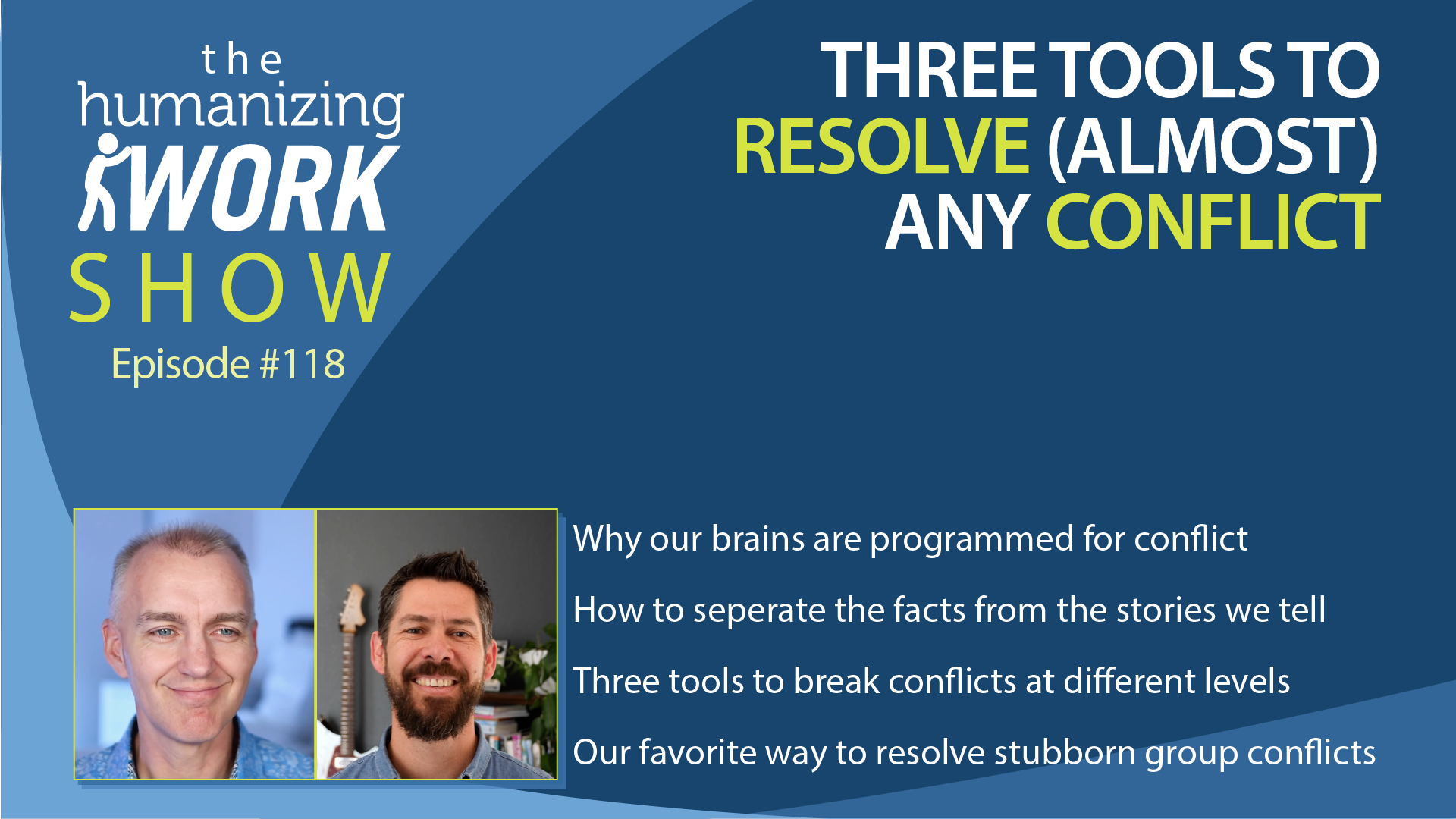
A common question we get from Scrum course participants: “How long should backlog refinement take?” The latest Scrum Guide says this about backlog refinement:… Read More
Leaders have a huge impact on whether Agile teams in their organization are going to be successful or not. In this episode, Peter and Richard share the most important things leaders need to know if they want to help their Agile teams get the best results. Read More
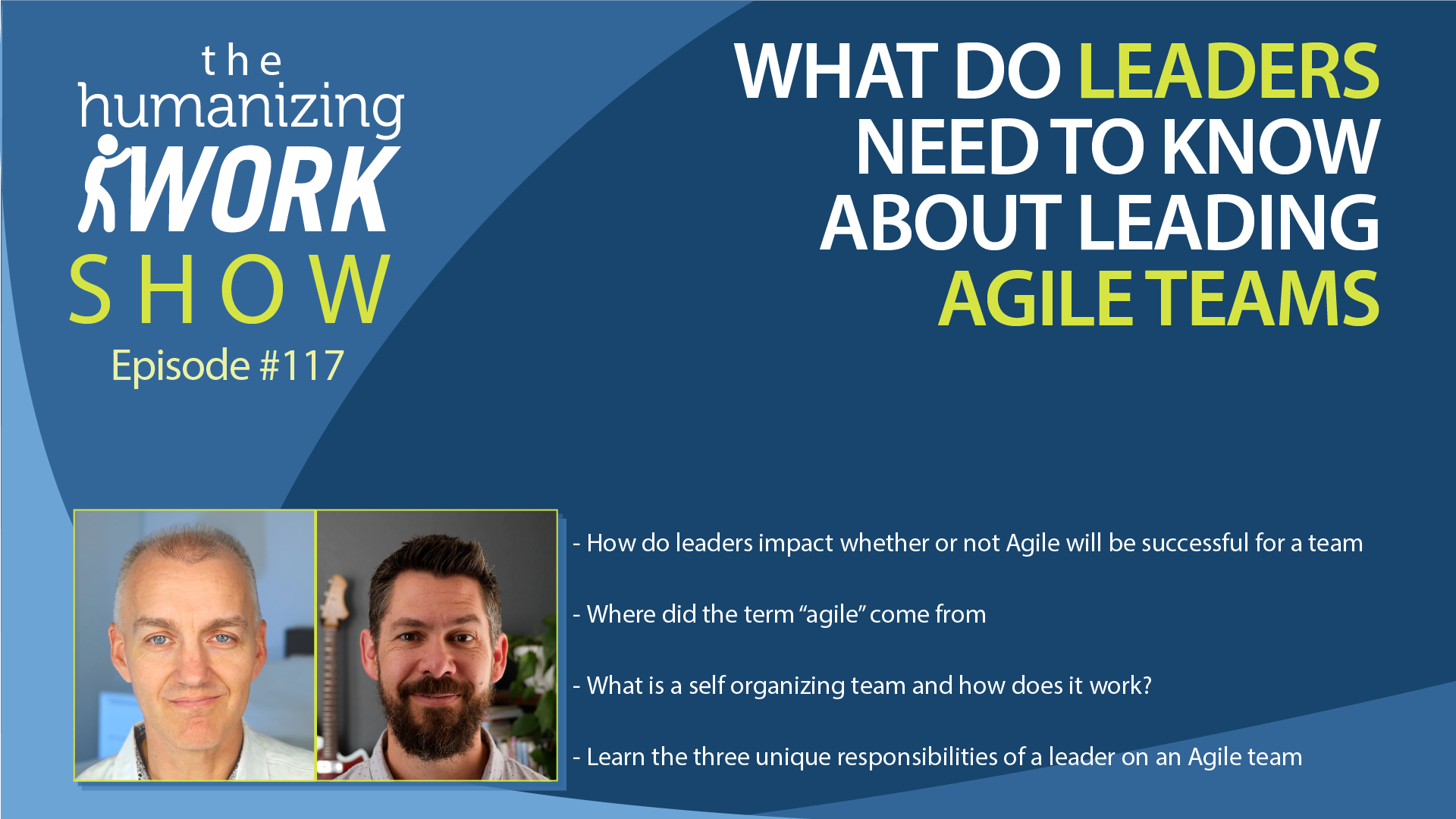
The 5 principles we use to help our consulting clients think through their org structure Read More

There are times when it doesn’t feel possible to break or renegotiate a commitment, but you also can’t see how to deliver on it. You feel stuck. So what do you do then? Read More
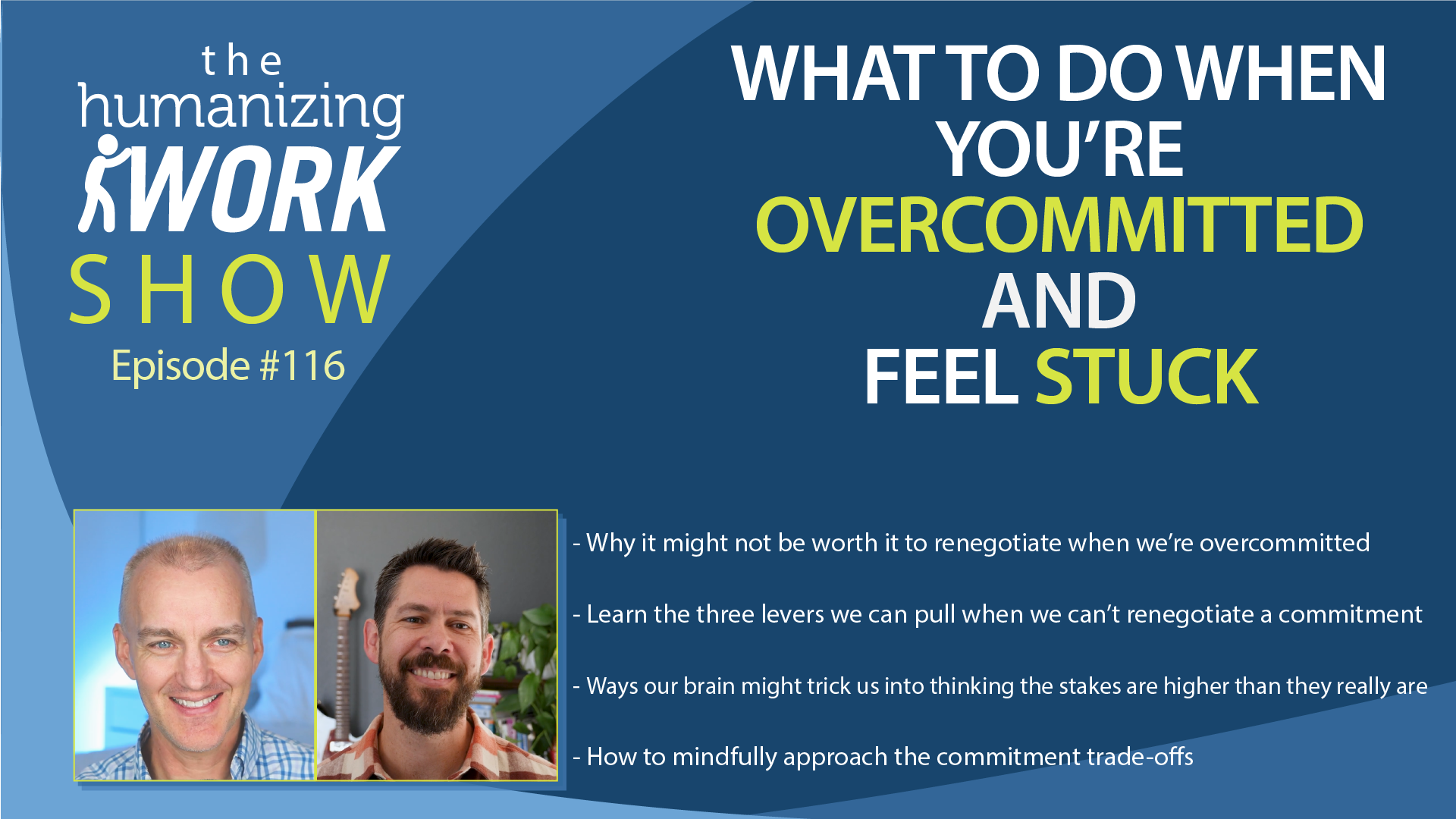
We hear it all the time: “We just have too many meetings!” And we’ve seen the crazy calendars to prove it. Knowledge workers… Read More
People spend a ton of time in meetings these days, and too many meetings are just a waste of time. In this episode, Peter and Richard talk through how to determine which meetings are worth having and which can go asynchronous, and they introduce the DAVID approach to ensuring the meeting you do have are worth the time. Read More
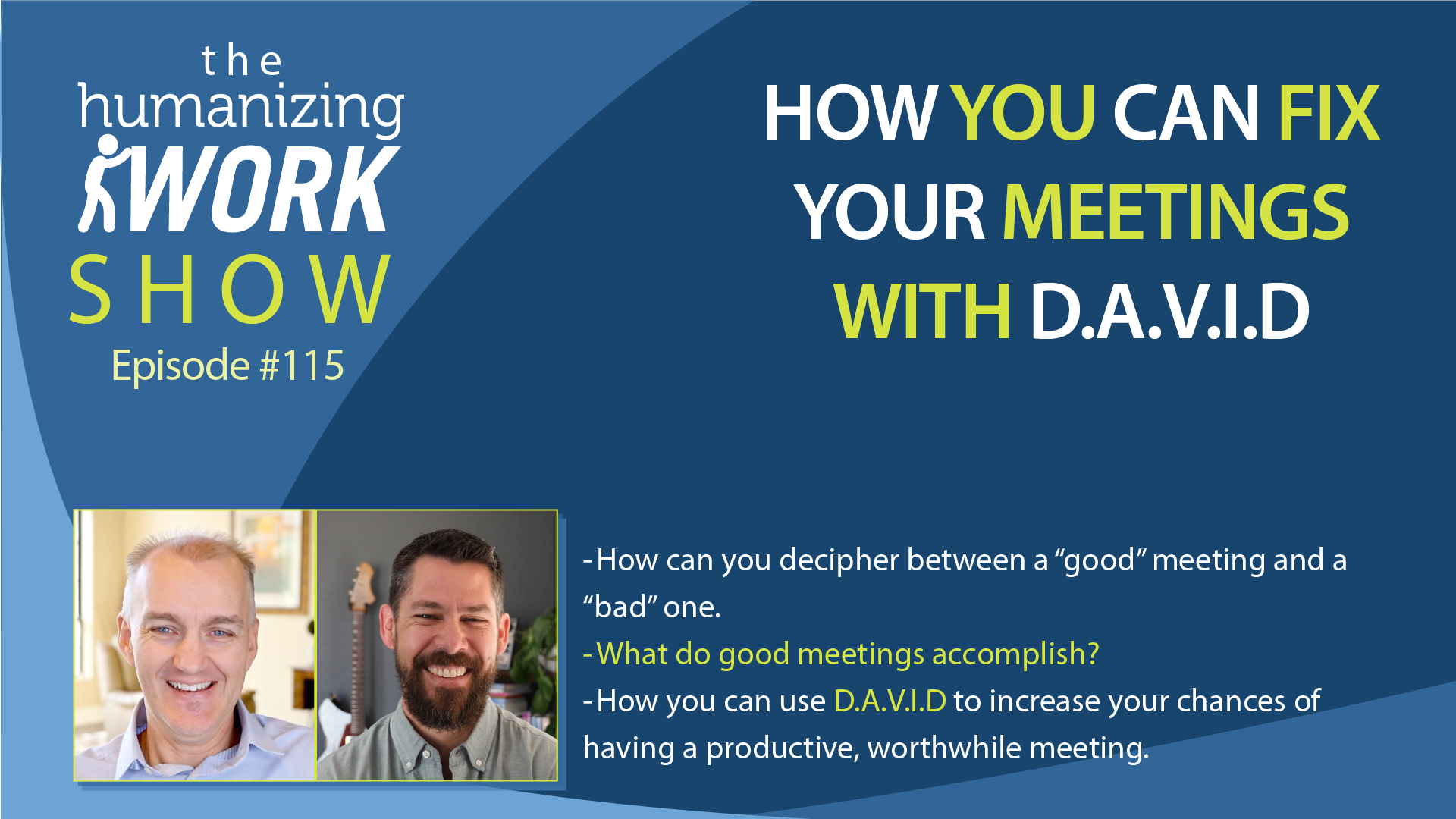
“How’s that feature coming?” “I’m working on it.” On many teams, work items take several days or even weeks to go from start to finish. Read More
Richard and Peter get paid to teach leaders and coaches how to coach more effectively—and it works. So, what happens when Peter spends 20 minutes trying to teach ChatGPT how to coach? Read More
